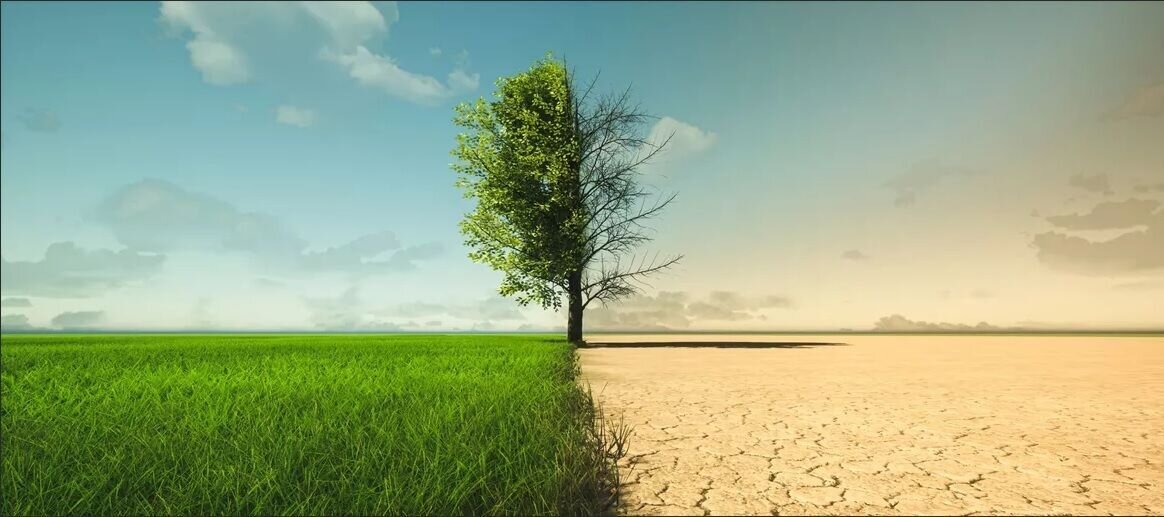Climate change biggest threat to public health

TEHRAN –Climate change is the biggest threat to public health, and is forecast to cause five million additional deaths from 2030 to 2050 globally, according to the World Health Organization (WHO).
Some 80 percent of the land area of Iran occurs in arid and semi-arid regions. The country is highly vulnerable to the impacts of climate change, Alireza Raisi, an official with the health ministry, has said.
He made the remarks on the occasion of World Environmental Health Day which is observed on September 26 every year.
“In the past 50 years, the temperature in Iran has increased, while the annual precipitations have declined. Climate change affects individuals’ health and wellbeing by affecting weather, water, and food. It changes rainfall pattern causes flood, extreme heat, drought, and storms,” Raisi added.
Heat stress is associated with illnesses such as heat exhaustion, diarrhea, heart attack, stroke, lung cancer, as well as cardiovascular diseases. Moreover, climate change significantly intensifies food, water, as well as vector-borne infectious diseases. These changes can threaten the forty-year health achievements of the country, the official further noted.
In fact, climate change and disaster risks are a fundamental threat to sustainable development, the living and health conditions of all humans on the globe, and the reduction of poverty.
World Environmental Day aims to raise awareness about environmental health issues and promote actions to improve and protect the environment for the wellbeing of all living creatures.
This year, it is observed under the theme of ‘Environmental Health: Creating Resilient Communities through Disaster Risk Reduction and Climate Change Mitigation and Adaptation’.
Building resilient and sustainable communities means addressing both climate change and disaster risks, and integrating these risks, as well as potential opportunities, into development planning and budgeting.
Besides combatting climate change by reducing the use of fossil fuels and CO2 emission – driving climate change- we must strengthen our initiatives in terms of mitigation and adaption – as climate change is already here – and natural hazards driven by climate change increasingly go into full disasters.
The needed response to avoid disasters is Disaster Risk Reduction initiatives and planning which include climate change mitigation and adaptation and for future policy action to promote successful coordination to create resilient communities.
